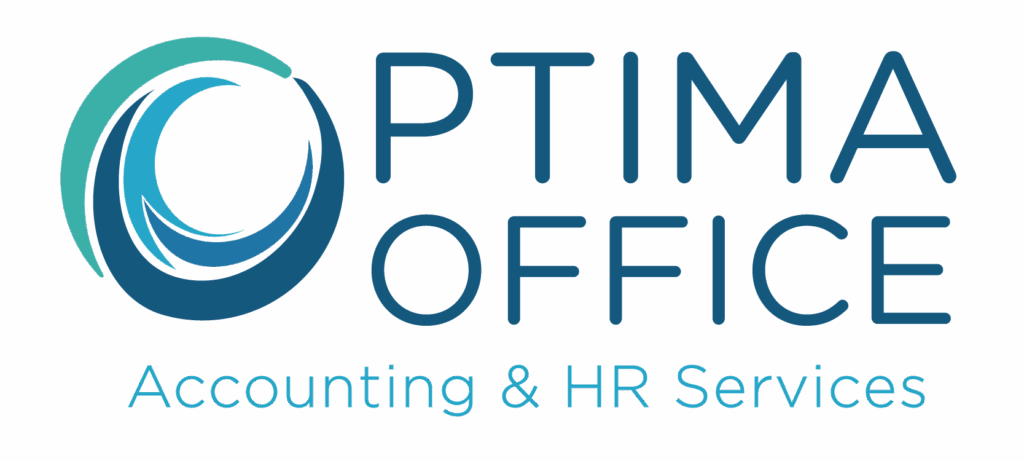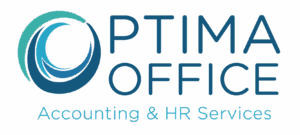As a business owner, you might often hear that you need a bookkeeper. Maybe you’ve even said it yourself: “We need better bookkeeping,” or “Our bookkeeper isn’t providing timely or accurate financials.” However, there’s a common misconception that a bookkeeper can handle everything related to your business’s finances. In reality, a bookkeeper’s skill set is more limited than you might think. If you rely solely on a bookkeeper, you may be missing out on crucial financial insights that can make or break your business.
What Does a Bookkeeper Actually Do?
A bookkeeper plays a vital role in maintaining your financial records. They ensure that your expenses are categorized correctly, your revenue is properly recorded, and your bank and credit card accounts are reconciled. Essentially, they keep your books clean and organized. However, this is where their expertise typically ends.
Most bookkeepers do not have a formal accounting degree and may struggle with more complex financial tasks, such as managing your balance sheet, handling prepaid expenses, or accurately recording liabilities like paid time off (PTO). For instance, if your bookkeeper doesn’t know how to properly allocate a $12,000 annual insurance policy as a monthly expense, your financial statements may show a misleading picture of your business’s performance.
The Role of a Controller
If you’re serious about getting accurate and timely financial statements, you need more than just a bookkeeper—you need a controller. A controller’s job is to ensure that every general ledger account ties to a statement or schedule, and that your financial records are accurate and complete. They close your books each month, review your gross margins to ensure consistency, and provide critical insights into your fixed and variable costs.
Controllers typically have an accounting degree and extensive experience in managing financial statements. They are responsible for delivering accurate profit and loss (P&L) statements and balance sheets, ideally by the 10th or 15th of each month. They also help with cash flow forecasting, ensuring you have a clear picture of your financial future.
The Importance of a Layered Approach
Many businesses believe they can save money by hiring just a bookkeeper, but this can be a costly mistake. Without proper oversight, a bookkeeper might provide financial statements that are inaccurate or incomplete. This can lead to poor decision-making, which might cost you farmore in the long run—especially if you’re presenting these financials to banks, CPA firms, or investors.
A better approach is to have both a bookkeeper and a controller. The bookkeeper handles the day-to-day transactions, while the controller oversees the bigger picture, ensuring everything is accurate and aligned with your financial goals. This layered approach doesn’t have to be expensive. In fact, having a controller spend just 8 to 10 hours a month managing your bookkeeper can significantly increase the efficiency and accuracy of your accounting department.
When Do You Need a CFO?
As your business grows, you might also need to consider hiring a Chief Financial Officer (CFO). While the controller focuses on past and present financials, a CFO looks to the future. They are responsible for strategic planning, risk management, and ensuring your business remains profitable and sustainable over time. A CFO works closely with your controller, using the financial data to guide your business towards growth and success.
Conclusion
If you find yourself saying, “I just need a bookkeeper,” it’s time to reconsider. While bookkeepers are essential for keeping your financial records in order, they aren’t equipped to provide the comprehensive financial management that your business needs to thrive. By adding a controller—and possibly a CFO—to your team, you can ensure that your financial statements are accurate, your cash flow is managed effectively, and your business is set up for long-term success. Investing in the right financial expertise now can save you significant time, money, and headaches in the future.




